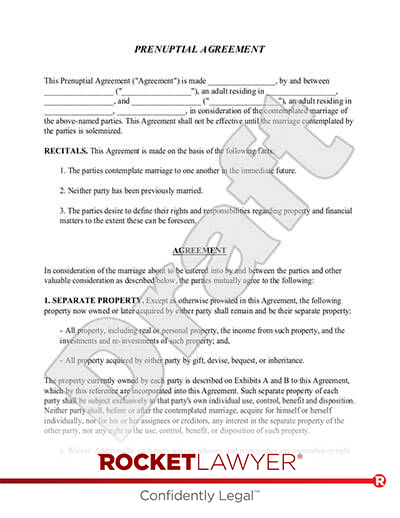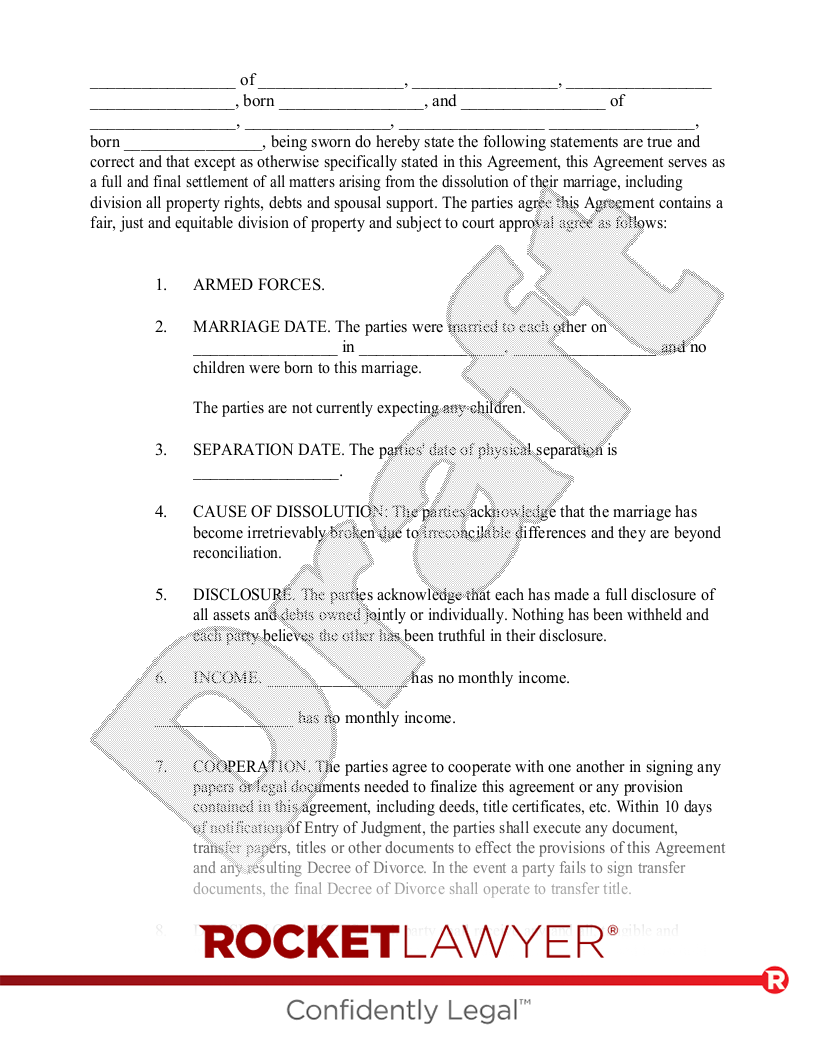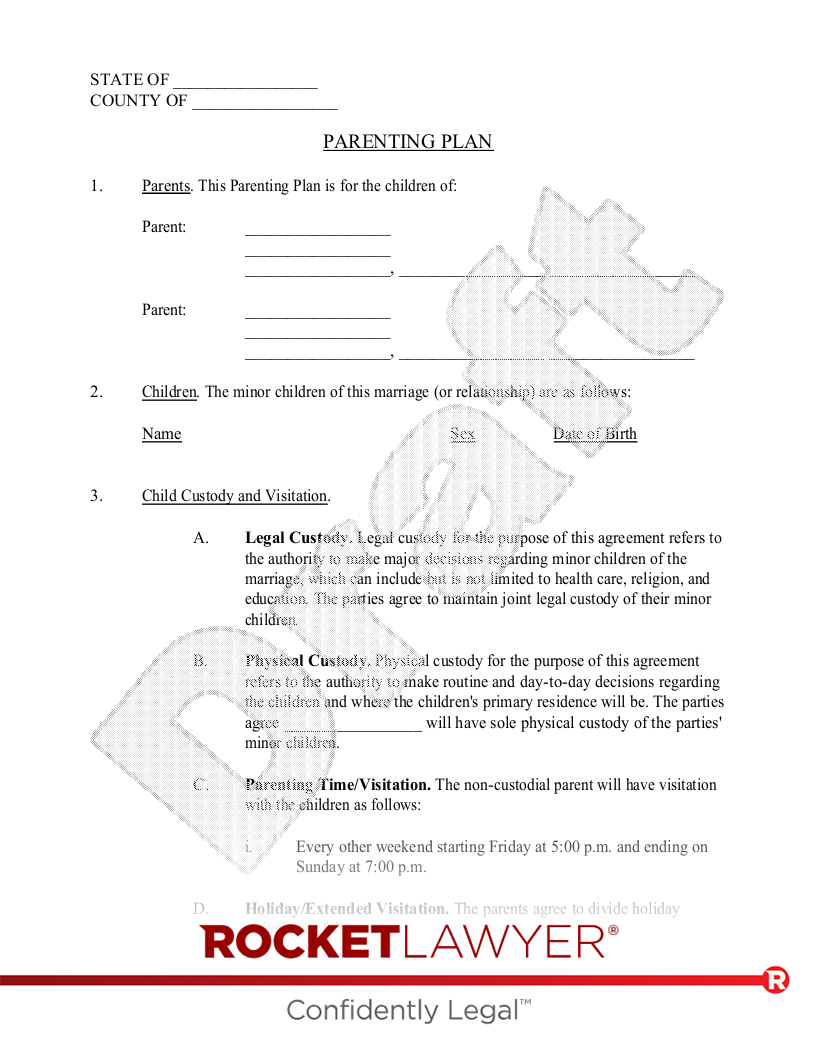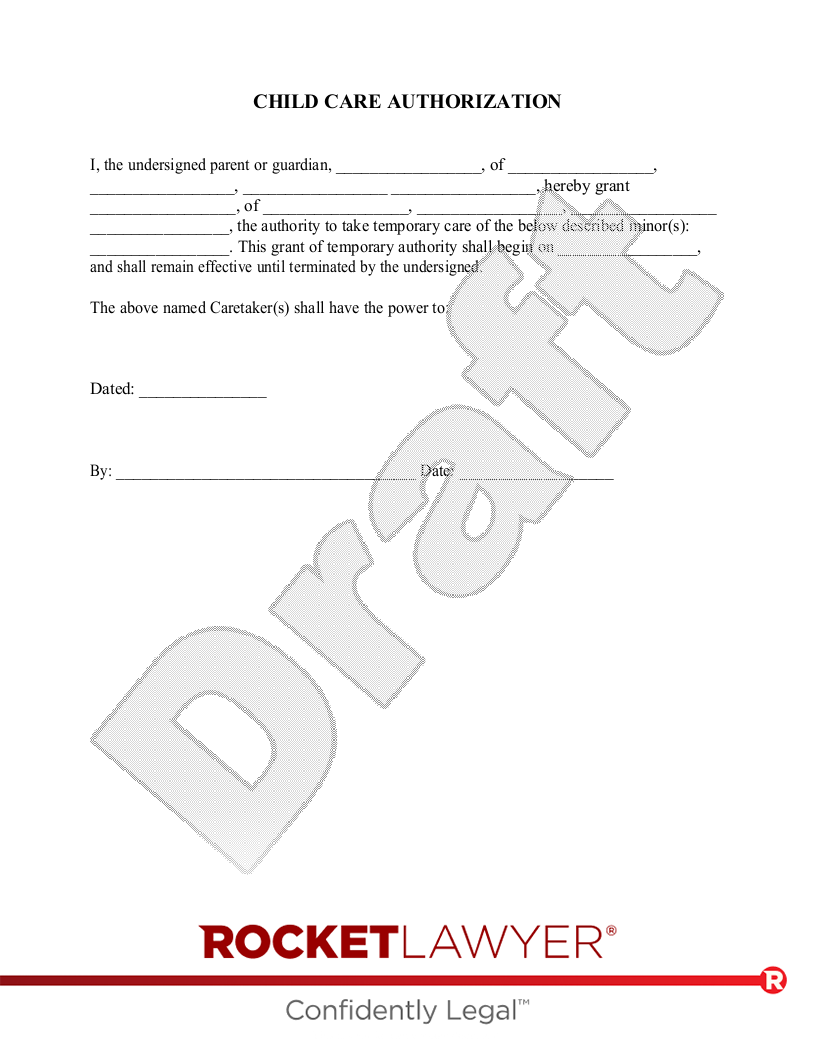Family matters
Marriage, divorce, and parenting help at your fingertips. We're here for you.
- Evan and Rebecca M.
- Rocket Lawyer members since 2012
Ask us anything legal.
Get instant Al insights with Rocket Copilot or talk to a Legal Pro.

Need a legal answer? Choose your path
Try Rocket Copilot (Beta) for instant answers!
Need more personalized guidance? Ask your questions, and our Legal Pros will respond within 1 business day.
Legal guides
-
- Claiming the Adoption Tax Credit
- 4 min read
-
- Do I Need a Family Lawyer?
- 2 min read
-
- Legal Tips for a Safe Halloween
- 2 min read
-
- Do I Need a Lawyer for Adoption?
- 2 min read
-
- Required Medical Examinations for an International Adoption
- 1 min read
-
- Applying for a Hague Certificate for a Completed International Adoption
- 1 min read
-
- International Adoption Information for U.S. Citizens
- 2 min read
-
- Applying for an Adopted Child's Citizenship
- 1 min read
-
- Steps After an Adopted Child Arrives in the U.S.
- 1 min read
-
- Hague Adoption Process for U.S. Citizens Who Wish to Adopt
- 2 min read
-
- Essential Documents for Guardianship and Child Care Planning
-
- Estate Planning Essentials for New Parents
- 4 min read
-
- Legal Checklist for New Parents
- 4 min read
-
- Legal Issues at Different Life Stages
- 4 min read
-
- What Term Life Insurance Covers and Why You May Want It
- 4 min read



